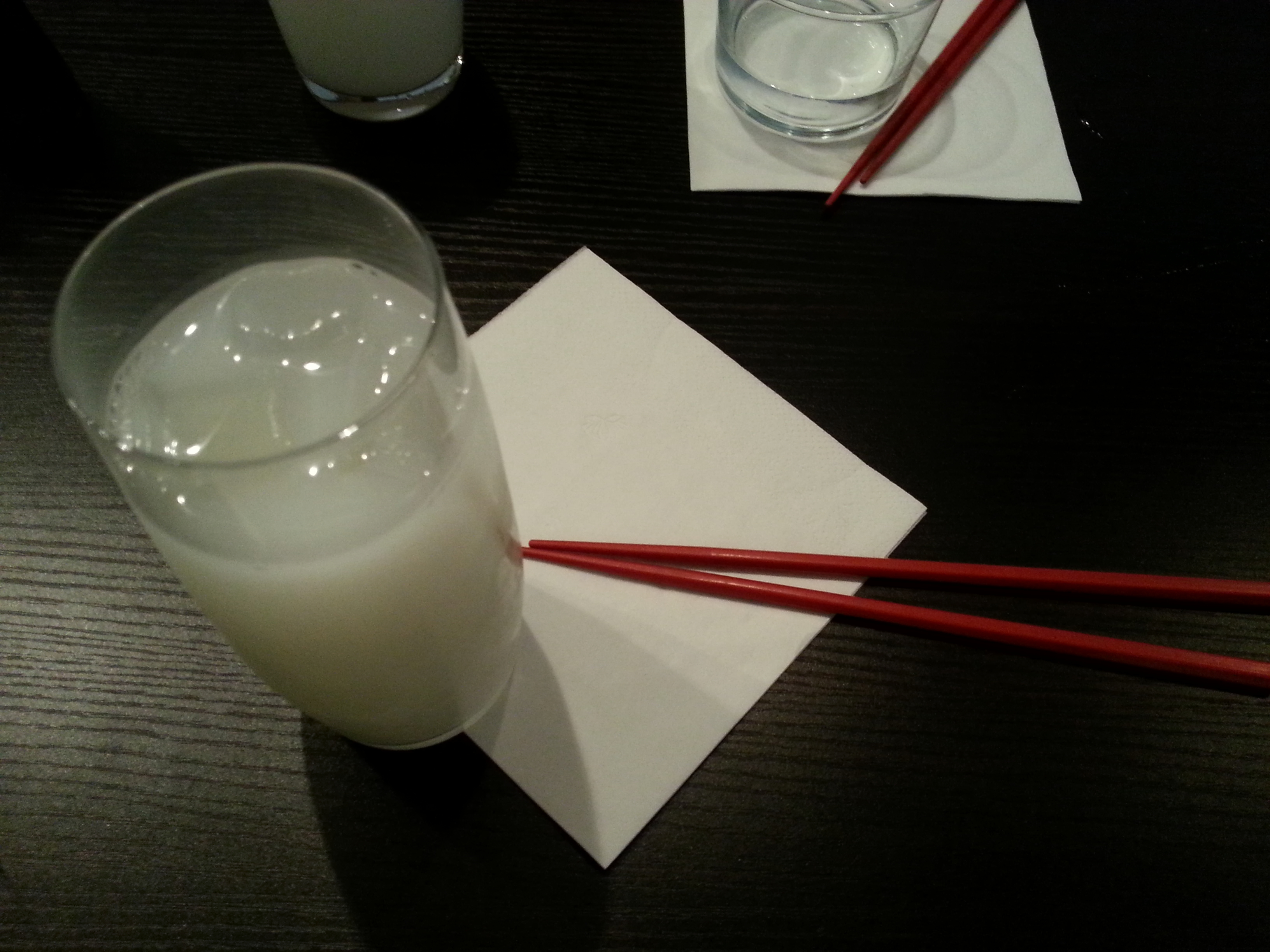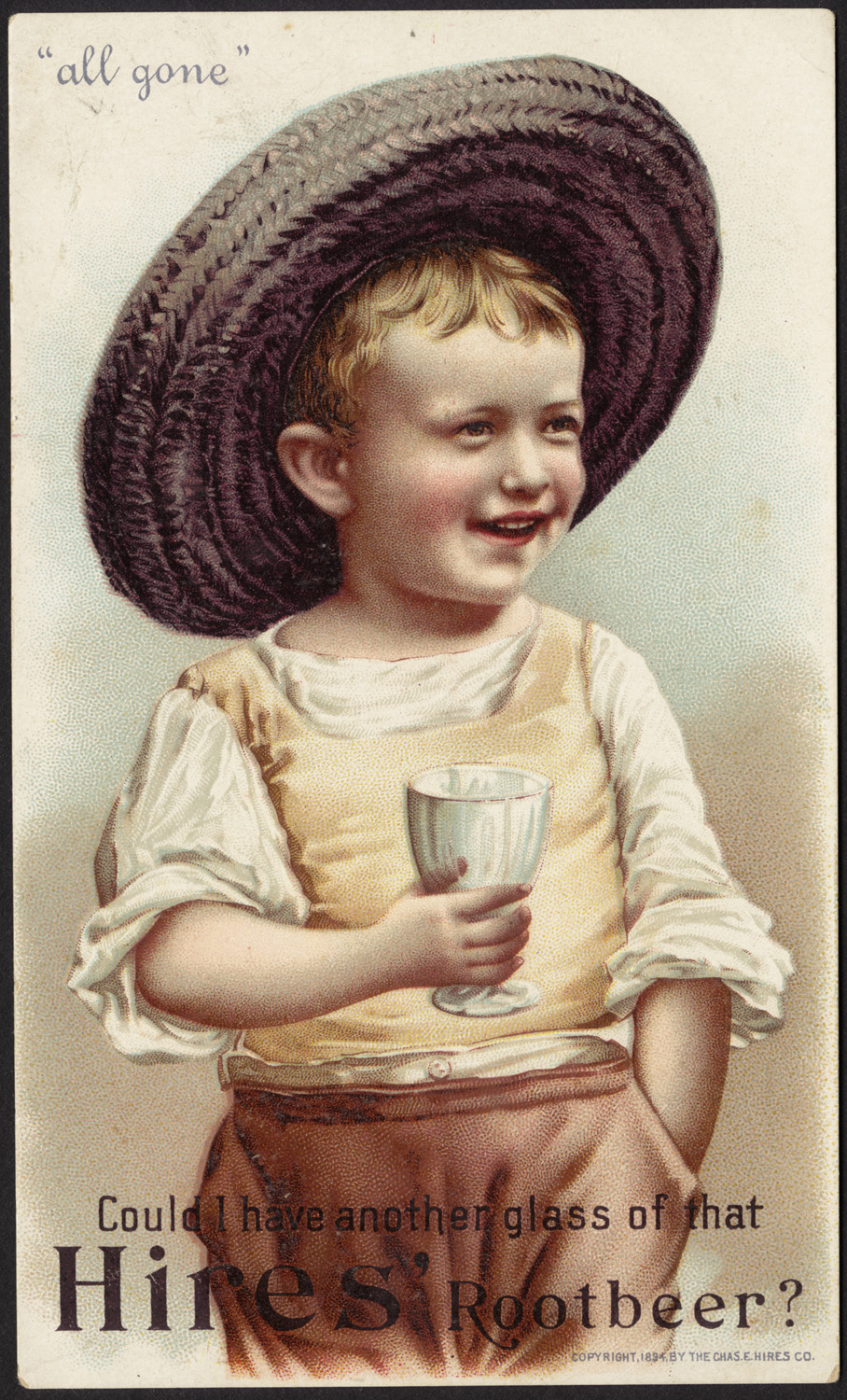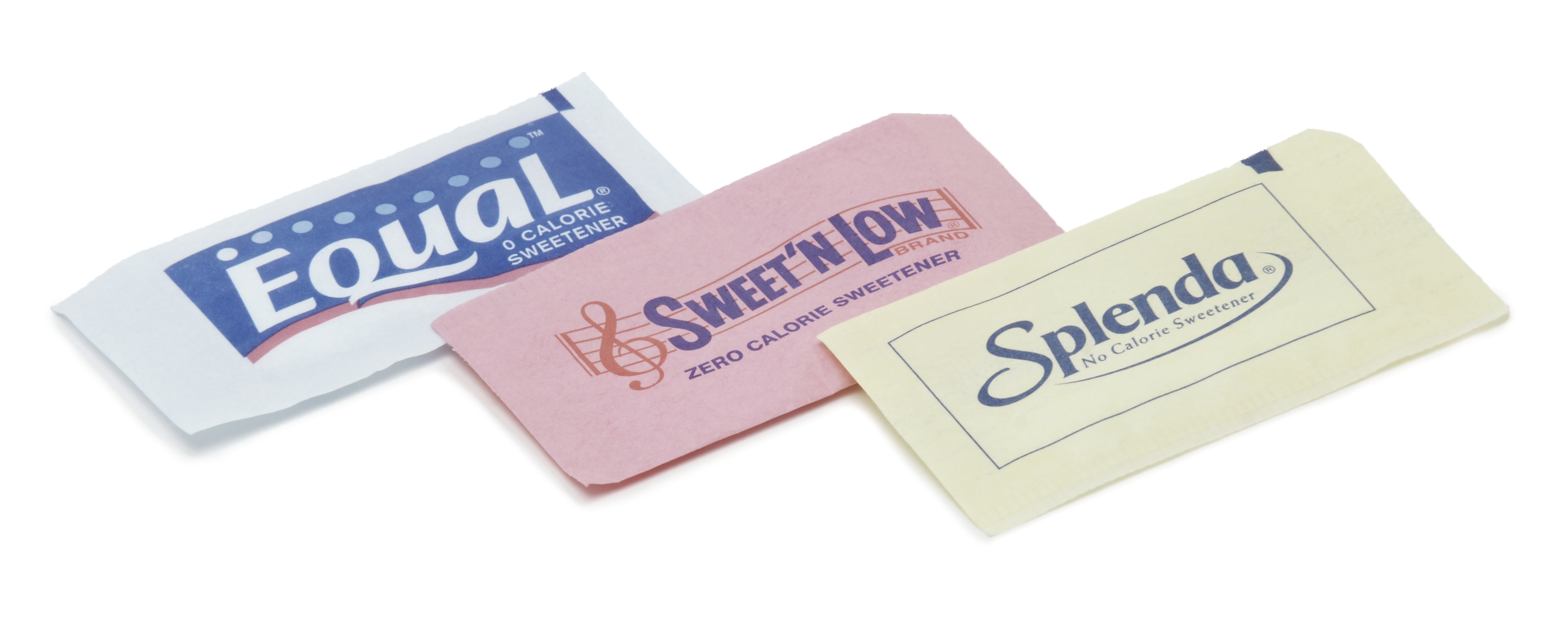|
Boga (soft Drink)
Boga ( aeb, بوڨا) is a brand of Tunisian carbonated soft drinks, produced by the Société de Fabrication des Boissons de Tunisie (SFBT). The name "Boga" is the contraction of the French words for beverage "Boisson" and carbonated "Gazeuze". Boga is commercialized under 4 different flavors. Flavors The Boga Lim is a non-colored version. This version is sweetened and has a lemon-lime flavor. Its taste is similar to drinks such as 7 Up or Ramune. Its packaging is recognized as being mainly green. The Boga Light, has a similar flavor and appearance to the Boga Lim. However Boga Light is sweetened with an artificial sweetener instead of sugar. Its packaging is mainly blue. The Boga Cidre, is a dark brown colored version. "Cidre" means cider in French, however it is not a cider made of apples but of carobs. This boga is described as having a very peculiar taste, close to banana or Root beer due to the carob extract it contains. Its packaging is mainly yellow. [...More Info...] [...Related Items...] OR: [Wikipedia] [Google] [Baidu] |
Boga Cidre Tunisienne
Boga is a common name for fishes and may refer to: *''Haemulon vittata'' *''Haemulon vittatum'' *''Leporinus obtusidens'' Boga may also refer to: * Boga (soft drink), a Tunisian brand of soft drinks * BOGA, the Bern Botanical Gardens in Switzerland * Boga (noisemaker), from the Philippines * Boga (Star Wars), a Varactyl from the Star Wars universe * Lake Boga, Victoria, a postal district * Boga, the definite form of Bogë, Albania * Boga, the definite form of Bogë, Kosovo * Boga (river) The Boga is a right tributary of the river Crișul Pietros in Romania. It flows into the Crișul Pietros near the village Boga. Its length is and its basin size is . References Rivers of Romania Rivers of Bihor County {{Bihor-rive ..., a tributary of the Crișul Pietros in Bihor County, Romania * Jérémie Boga (born 1997), Ivorian footballer See also * Boge (other) * Bogë (other) {{disambiguation, fish ... [...More Info...] [...Related Items...] OR: [Wikipedia] [Google] [Baidu] |
Ramune
() is a Japanese carbonated soft drink. It was introduced in 1884 in Kobe by the British pharmacist Alexander Cameron Sim. Like Banta, an Indian lemon drink, is available in a Codd-neck bottle, a heavy glass bottle whose mouth is sealed by a round marble (instead of a cap) thanks to the pressure of the carbonated contents. The name is derived from a Japanese borrowing of the English word ''lemonade''. History In 1884, Sim introduced this carbonated beverage based on lemonade to the Kobe foreign settlement. This drink, sold in the distinctive Codd-neck bottle, soon became very popular with the local Japanese after it was advertised in the Tokyo Mainichi Newspaper as a preventative for cholera. The drink remains a popular soft drink, sold worldwide, under the name of to this day. Bottle design is known for its distinctive Codd-neck bottle (named after its inventor, Hiram Codd). Although the Codd-neck bottle was once commonly used for carbonated drinks, today , along with ... [...More Info...] [...Related Items...] OR: [Wikipedia] [Google] [Baidu] |
Drink Brands
A drink or beverage is a liquid intended for human consumption. In addition to their basic function of satisfying thirst, drinks play important roles in human culture. Common types of drinks include plain drinking water, milk, juice, smoothies and soft drinks. Traditionally warm beverages include coffee, tea, and hot chocolate. Caffeinated drinks that contain the stimulant caffeine have a long history. In addition, alcoholic drinks such as wine, beer, and liquor, which contain the drug ethanol, have been part of human culture for more than 8,000 years. Non-alcoholic drinks often signify drinks that would normally contain alcohol, such as beer, wine and cocktails, but are made with a sufficiently low concentration of alcohol by volume. The category includes drinks that have undergone an alcohol removal process such as non-alcoholic beers and de-alcoholized wines. Biology When the human body becomes dehydrated, a person experiences thirst. This craving of fluids results in an ... [...More Info...] [...Related Items...] OR: [Wikipedia] [Google] [Baidu] |
Tunisian Cuisine
Tunisian cuisine, the cuisine of Tunisia, consists of the cooking traditions, ingredients, recipes and techniques developed in Tunisia since antiquity. It is mainly a blend of Mediterranean and native Punics-Berber cuisine. Historically, Tunisian cuisine witnessed influence and exchanges with many cultures and nations like Italians, Andalusians, French and Arabs. Like many countries in the Mediterranean basin, the Tunisian cuisine is heavily based on olive oil, spices, tomatoes, seafood and meat. Yet, it has a distinctive spiciness that differs it from surrounding cuisines. Origins Tunisian cuisine developed from Berbers, ancient Carthage, Rome, the Islamic conquest of the Maghreb, and the Ottoman Empire. The cuisine has been strongly influenced by French and Italian (especially Sicilian) cooking. During its era of French colonial rule Tunisia marketed its difference to metropolitan France meaning it played on French perceptions of "difference" (Orientalism) to sell the p ... [...More Info...] [...Related Items...] OR: [Wikipedia] [Google] [Baidu] |
List Of Soft Drinks By Country
This is a list of soft drinks in order of the brand's country of origin. A soft drink is a beverage that typically contains water (often carbonated water), a sweetener and a flavoring agent. The sweetener may be sugar, high-fructose corn syrup, fruit juice, sugar substitutes (in the case of diet drinks) or some combination of these. Soft drinks may also contain caffeine, colorings, preservatives and other ingredients. Soft drinks that are sold in more than one country are listed in this article only under their country of origin. Algeria * Hamoud Boualem – soda brand that includes many flavours * Rouiba – Juice brand that includes many flavours * Tchina – Juice- Group Cevital * Xtra Power Energy Drink Argentina * Apla * Bidu Cola * Cabalgata * Chañi * Chinchibirra * Cunnington * Doble Cola * Goliat * Manaos * Neuss * Pastore * Pindy * Pritty * Rocket Fuel – energy drink * Rad-60 – energy drink * Blue Demon – energy drink * Speed Unlimited ... [...More Info...] [...Related Items...] OR: [Wikipedia] [Google] [Baidu] |
Mentha
''Mentha'' (also known as mint, from Greek , Linear B ''mi-ta'') is a genus of plants in the family Lamiaceae (mint family). The exact distinction between species is unclear; it is estimated that 13 to 24 species exist. Hybridization occurs naturally where some species' ranges overlap. Many hybrids and cultivars are known. The genus has a subcosmopolitan distribution across Europe, Africa - (Southern Africa), Asia, Australia - Oceania, North America and South America. Its species can be found in many environments, but most grow best in wet environments and moist soils. Description Mints are aromatic, almost exclusively perennial herbs. They have wide-spreading underground and overground stolons and erect, square, branched stems. Mints will grow 10–120 cm (4–48 inches) tall and can spread over an indeterminate area. Due to their tendency to spread unchecked, some mints are considered invasive. The leaves are arranged in opposite pairs, from oblong to lanceol ... [...More Info...] [...Related Items...] OR: [Wikipedia] [Google] [Baidu] |
Root Beer
Root beer is a sweet North American soft drink traditionally made using the root bark of the sassafras tree ''Sassafras albidum'' or the vine of ''Smilax ornata'' (known as sarsaparilla, also used to make a soft drink, Sarsaparilla (soft drink), sarsaparilla) as the primary flavor. Root beer is typically but not exclusively non-alcoholic, caffeine-free, sweet, and carbonation, carbonated. Like cola, it usually has a thick and foamy Beer head, head. A well-known use is to add vanilla ice cream to make a root beer float. Since safrole, a key component of sassafras, was banned by the U.S. Food and Drug Administration in 1960 due to its carcinogenicity, most commercial root beers have been flavored using artificial flavor, artificial sassafras flavoring, but a few (e.g. Hansen's) use a safrole-free sassafras extract. Major root beer producers include Mug Root Beer, PepsiCo, Barq's, Coca-Cola Company, Dad's Root Beer, Dad's, Hires Root Beer, Keurig Dr. Pepper, and A&W Root Beer, A& ... [...More Info...] [...Related Items...] OR: [Wikipedia] [Google] [Baidu] |
Cider
Cider ( ) is an alcoholic beverage made from the fermented juice of apples. Cider is widely available in the United Kingdom (particularly in the West Country) and the Republic of Ireland. The UK has the world's highest per capita consumption, as well as the largest cider-producing companies. Ciders from the South West of England are generally higher in alcoholic content. Cider is also popular in many Commonwealth countries, such as India, Canada, Australia, and New Zealand. As well as the UK and its former colonies, cider is popular in Portugal (mainly in Minho and Madeira), France (particularly Normandy and Brittany), Friuli, and northern Spain (specifically Asturias). Central Europe also has its own types of cider with Rhineland-Palatinate and Hesse producing a particularly tart version known as Apfelwein. In the U.S., varieties of fermented cider are often called ''hard cider'' to distinguish alcoholic cider from non-alcoholic apple cider or "sweet cider", also made from ... [...More Info...] [...Related Items...] OR: [Wikipedia] [Google] [Baidu] |
Artificial Sweetener
A sugar substitute is a food additive that provides a sweetness like that of sugar while containing significantly less food energy than sugar-based sweeteners, making it a zero-calorie () or low-calorie sweetener. Artificial sweeteners may be derived through manufacturing of plant extracts or processed by chemical synthesis. Sugar substitute products are commercially available in various forms, such as small pills, powders, and packets. In North America, common sugar substitutes include aspartame, monk fruit extract, saccharin, sucralose, and stevia; cyclamate is also used outside the United States. These sweeteners are a fundamental ingredient in diet drinks to sweeten them without adding calories. Additionally, sugar alcohols such as erythritol, xylitol, and sorbitol are derived from sugars. Approved artificial sweeteners do not cause cancer. Reviews and dietetic professionals have concluded that moderate use of non-nutritive sweeteners as a safe replacement for sugars can ... [...More Info...] [...Related Items...] OR: [Wikipedia] [Google] [Baidu] |
7 Up
7 Up (stylized as 7up outside North America) is an American brand of lemon-lime-flavored non-caffeinated soft drink. The brand and formula are owned by Keurig Dr Pepper although the beverage is internationally distributed by PepsiCo. 7 Up competes primarily against The Coca-Cola Company's Sprite. History 7 Up was created by Charles Leiper Grigg, who launched his St. Louis–based company The Howdy Corporation in 1920. Grigg came up with the formula for a lemon-lime soft drink in 1929. The product, originally named "Bib-Label Lithiated Lemon-Lime Soda", was launched two weeks before the Wall Street Crash of 1929. It contained lithium citrate, a mood-stabilizing drug, until 1948. It was one of a number of patent medicine products popular in the late-19th and early-20th centuries. Its name was later shortened to "7 Up Lithiated Lemon Soda" before being further shortened to just "7 Up" by 1936. The origin of the revised name is unclear. Britvic claims that the name comes from th ... [...More Info...] [...Related Items...] OR: [Wikipedia] [Google] [Baidu] |
Soft Drink
A soft drink (see § Terminology for other names) is a drink that usually contains water (often carbonated), a sweetener, and a natural and/or artificial flavoring. The sweetener may be a sugar, high-fructose corn syrup, fruit juice, a sugar substitute (in the case of ''diet drinks''), or some combination of these. Soft drinks may also contain caffeine, colorings, preservatives, and/or other ingredients. Soft drinks are called "soft" in contrast with "hard" alcoholic drinks. Small amounts of alcohol may be present in a soft drink, but the alcohol content must be less than 0.5% of the total volume of the drink in many countries and localities See §7.71, paragraphs (e) and (f). if the drink is to be considered non-alcoholic. Types of soft drinks include lemon-lime drinks, orange soda, cola, grape soda, ginger ale, and root beer. Soft drinks may be served cold, over ice cubes, or at room temperature. They are available in many container formats, including cans, glass bot ... [...More Info...] [...Related Items...] OR: [Wikipedia] [Google] [Baidu] |
Lemon-lime Drink
A lemon-lime soft drink or lemon-lime soda, also known colloquially as lemonade in the United Kingdom, Australia and New Zealand and as cider in Japan and Korea, is a carbonated soft drink with lemon and lime (fruit), lime flavoring. Popular brands include Sprite (soft drink), Sprite, 7 Up, and Sierra Mist. Description Lemon-lime soft drinks are typically colorless, however cloudy varieties such as Limca are also available. Similar in appearance and flavor to the clear variety of lemonade found in the UK and Australia, lemon-lime soft drinks are often packaged in green bottles to better distinguish them from Carbonated water, soda water. Brands Global * Sprite (soft drink), Sprite * 7UP * Mountain Dew Ice introduced by PepsiCo in 2017 India * Citra (drink), Citra – a clear lemon and lime flavoured soda sold in India in the 1980s and early 1990s. *Banta – packaged in a codd-neck bottle *Limca * Nimbooz Japan * Mitsuya Cider * Ramune Korea * Chilsung Cider Sri Lanka * ... [...More Info...] [...Related Items...] OR: [Wikipedia] [Google] [Baidu] |








.jpg)